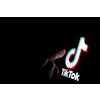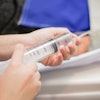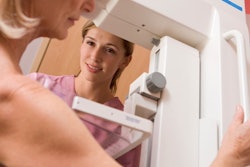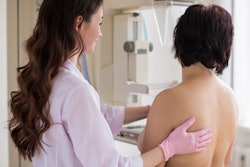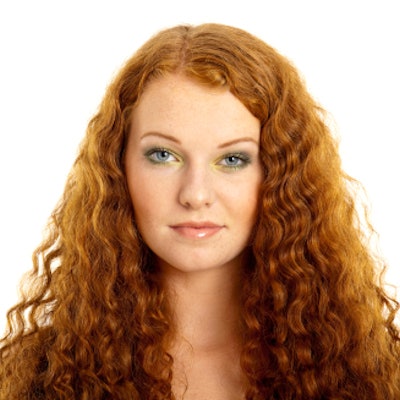
Women younger than 40 who have dense breast tissue or a personal or family history of breast cancer may benefit from starting mammography screening at age 30, according to research presented on Wednesday at RSNA 2018 in Chicago.
Women in their 30s with these three risk factors had similar cancer detection and recall rates in incidence screening as women ages 40 to 44 at average risk for the disease, concluded a team led by Dr. Cindy Lee at NYU Langone Health in New York City.
The findings shed light on what has been a gray area of breast cancer screening, Lee said in a statement released by the RSNA. Professional groups, as well as the U.S. Preventive Services Task Force (USPSTF), differ in their recommendations of when women should start screening, but none address the question of whether women younger than 40 should be screened.
"Everyone talks about whether women should be regularly screened between the ages of 40 and 49, but no one discusses women between the ages of 30 to 39," she said. "It's difficult to study this group because most women in this age range do not get mammograms. Yet some of these young women have increased risk for breast cancer and may need earlier and/or supplemental screening."
Lee and colleagues analyzed data from the National Mammography Database that included 5.7 million mammograms performed between January 2008 and December 2015 in 150 mammography facilities in 31 U.S. states. The group categorized patients by five-year age intervals and specific breast cancer risk factors: family history, personal history, and breast density that is heterogeneously or extremely dense. The researchers then calculated the recall rate, cancer detection rate, and positive predictive value for biopsies recommended (PPV2) and performed (PPV3) for each age and risk group.
The overall mean cancer detection rate was 3.7 cancers per 1,000 exams, while the overall recall rate was 9.8%, PPV2 was 20.1%, and PPV3 was 28.2%. Women ages 30 to 34 and 35 to 39 had similar cancer detection, recall, and PPV rates; the presence of the three risk factors was associated with significantly higher cancer detection rates, Lee and colleagues noted.
In addition, women ages 30 to 39 with the three risk factors had similar cancer detection and recall rates as women ages 40 to 44 with no known risk factors for breast cancer.
The study results suggest that screening mammography can help women younger than 40 at risk for breast cancer stay healthy, Lee said.
"Women with at least one of these three risk factors may benefit from screening mammography beginning at age 30, instead of 40," she concluded.


